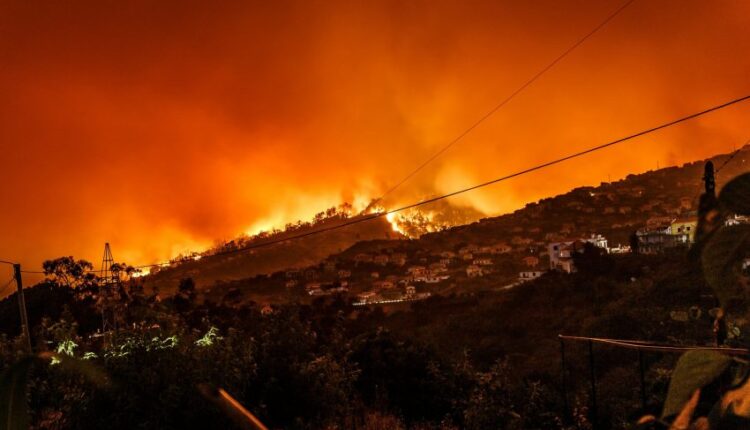Record-Breaking Fires Consume Brazil’s Pantanal Wetland
Brazil’s Pantanal, the largest tropical wetland on Earth, is currently experiencing a series of fires that have broken historical records for that month. The National Institute of Space Research (INPE) has detected 733 fires in the Pantanal biome so far this month, with the previous record for fires in June being 435 registered in 2005. The state of Mato Grosso do Sul, which encompasses 60% of the Brazilian Pantanal, is under a “danger” warning for a heat wave expected to hit with temperatures 5ºC higher than average for the next three to five days.
The World Wildlife Foundation (WWF) Brazil has warned that 2024 could become the worst year on record for the Pantanal as the dry season is just beginning. The Pantanal’s distinctive habitats rely on what scientists call the “flood pulse,” with three quarters of the plain getting flooded during the wet season between November and March, only for much of the water to drain away during the dry months from April to September. This seasonal flooding makes the Pantanal a unique biome where large swaths of land regularly turn from terrestrial into aquatic habitats and back again.
Wetlands like the Pantanal are Earth’s most effective carbon sinks, absorbing and storing more carbon than they release, keeping it away from the atmosphere. At roughly 200,000 square kilometers, the Pantanal comprises about 3% of the globe’s wetlands and plays a key role in the carbon cycle. When these carbon-rich ecosystems burn, vast amounts of heat-trapping gases are released back into the atmosphere, contributing to the greenhouse effect.
The Pantanal is facing a “hydrological crisis scenario” due to an intense drought, which began in 2023 and has been aggravated by the ongoing El Niño phenomenon. Some plants in the region have developed resistance to fires, such as growing thick bark or covering their seeds with hard shells. In 2020, the fires destroyed unique habitats and wrecked the livelihoods of many of the Pantanal’s diverse indigenous communities.
Read More @ CNN
Source: Coffee Talk



